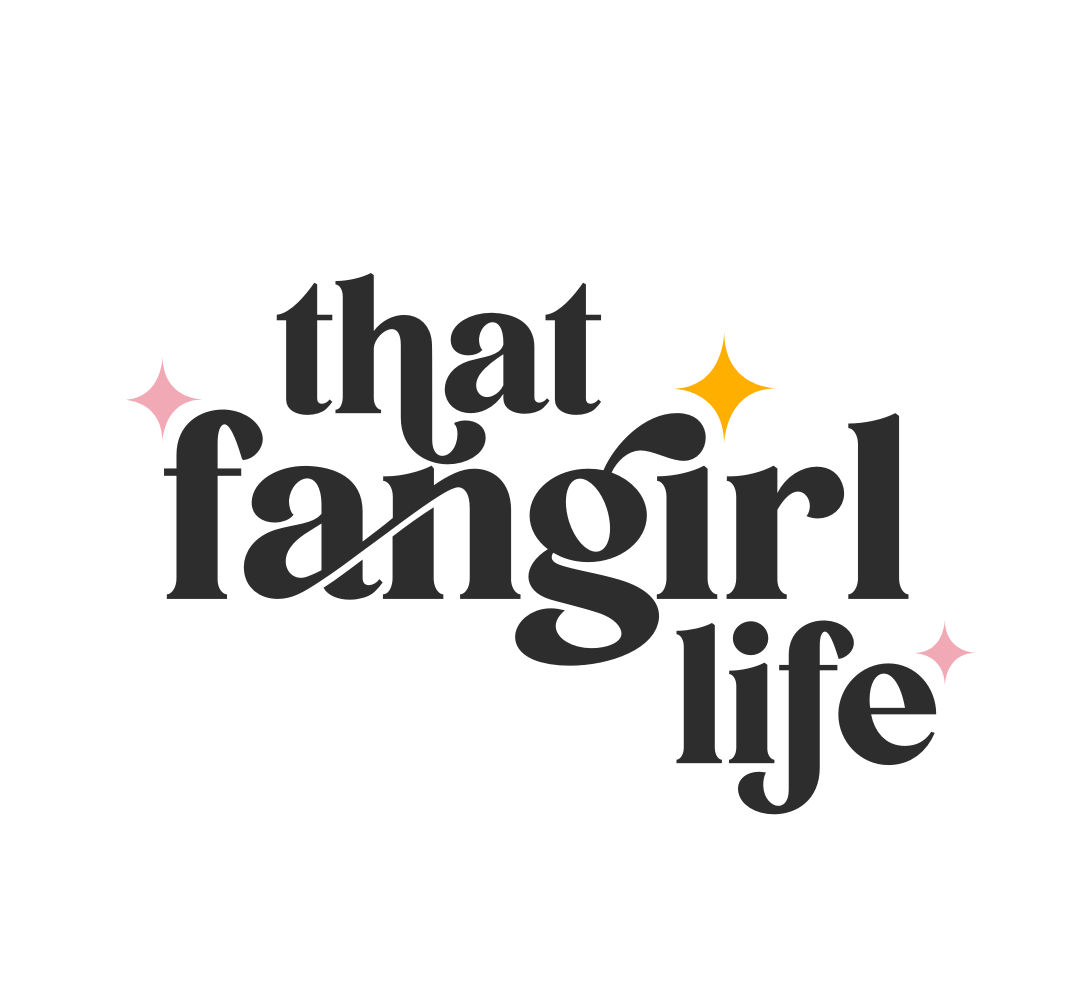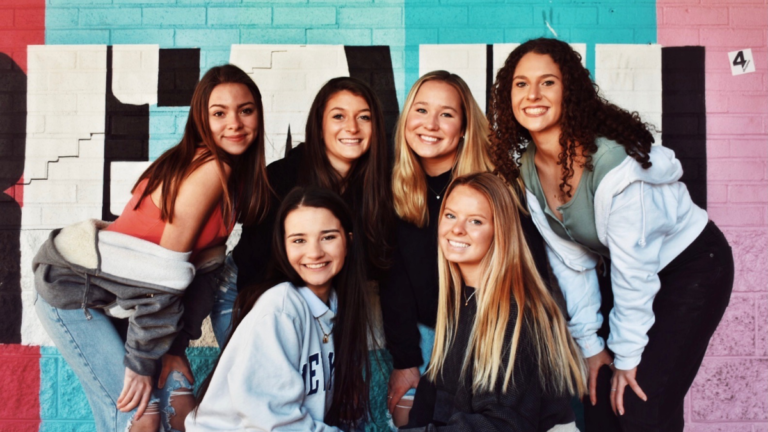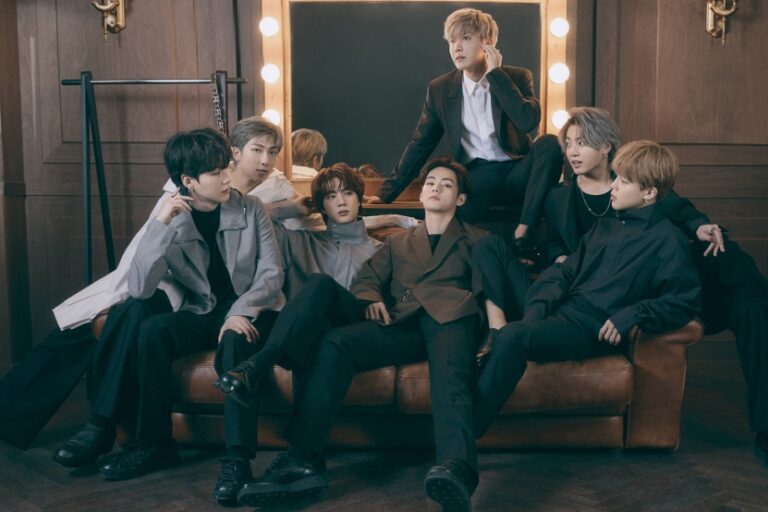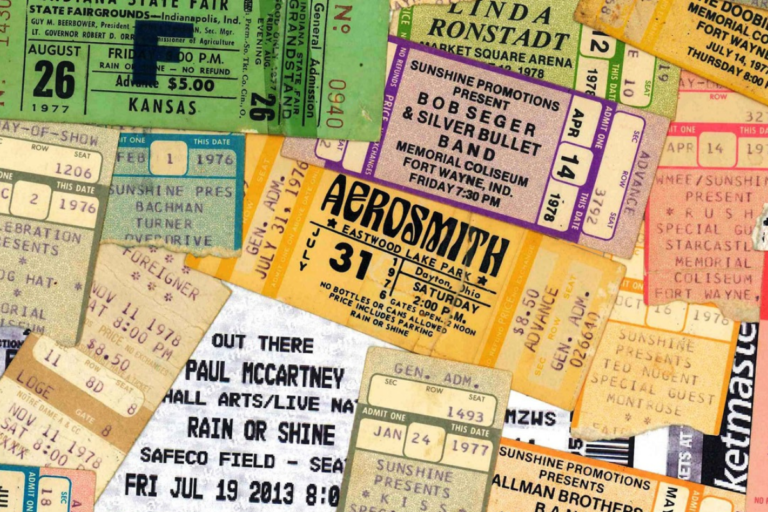Fandom and Feminism: How Women Continue to Shape Pop Culture
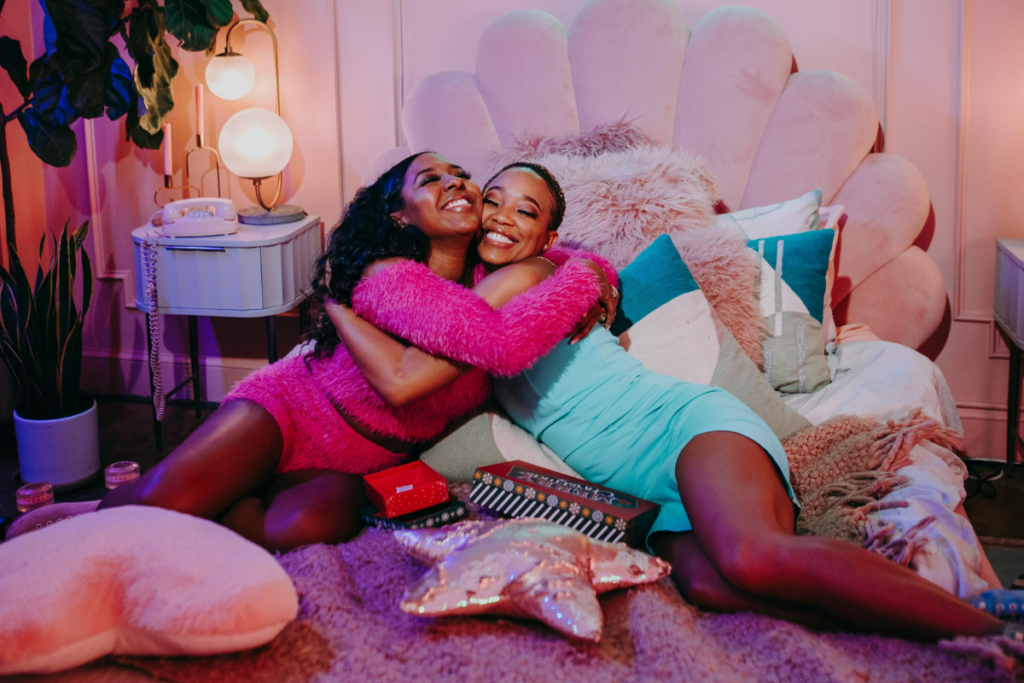
Fandom, fangirls and pop culture all coincide with each other, creating a mosaic of women with strong, intelligent minds leaving their mark on the world.
Pop culture has been profoundly shaped and defined by the contributions of countless women through the decades, both as creators and the fans who support and sustain it. From iconic twentieth-century figures like Audrey Hepburn and Marilyn Monroe to our current contemporary powerhouses like Beyonce and Taylor Swift, the influence of women in fashion, music, literature and film has left an everlasting mark. Just as significant as the women in the spotlight are the women reinforcing it.
Fan culture, driven primarily by women, has become a force in shaping trends and how they’re consumed by general audiences. The rise of platforms like X, formerly known as Twitter, TikTok and other social media platforms, has given women the ability to become active participants in conversations and cultural moments that define pop culture today.
Throughout history, women have, in fact, been at the forefront of cultural shifts. Audrey Hepburn’s elegance and grace in films like Breakfast at Tiffany’s is still the pinpoint for the glamour and style behind the 1960s, while Marilyn Monroe’s magnetism and charisma blended with vulnerability turned her into a global icon. These women did not just reflect the culture of their time, they influenced it. Catching up to the twenty-first century, figures such as the likes of Beyonce and Taylor Swift, with their global female fan bases, have become a staple in modern pop culture. Beyonce’s role as an artist extends beyond music as a symbol of empowerment. She blends her identity as an African American with her art to address important themes of race, feminism and power, whilst Taylor Swift, through her storytelling and ability to engage with her huge fanbase, has turned personal narratives into a collective experience for Swifties around the world. Known by the press for her love life and break-up anthems, Taylor has been able to show vulnerability side by side with empowerment to uplift women and their experiences. And it’s these women, along with countless others, continue to influence the global stage, with their impact on pop culture is immeasurable.
Whilst women in the spotlight are vital to pop culture, the fans behind them are equally crucial. Female fans are often dismissed as “hysterical” or overly emotional, but their continued dedication and passion are the heart of modern fan culture. From Beatlemania to Armies, female fans have been driving the culture space for almost a century. At the beginning of the uptake of social media, women took the platforms by storm, especially on X. From organising fan projects and trending hashtags on Stan-Twitter to creating viral Tiktok trends, women continue to drive conversations to support their idols, enhancing their presence and cultural impact far beyond the stage or screen.
Fandoms in particular led by women have created a safe space for community, collaboration and advocacy towards important issues. These fan-led movements often challenge mainstream narratives and give a voice to younger girls who may not be taken as seriously if not within a larger group. Female fans shape the success of their favourite artists and cement themselves as part of the cultural narrative making history each and every decade.
An important and dominant aspect of pop culture, specifically within the music industry, is the dynamic between boy bands and their predominantly female fan bases. From The Beatles in the 1960s to One Direction in the 2010s, boy bands have consistently attracted huge followings of passionate female fans from around the globe. These fans become more than just streams; they are active participants in the boy band phenomenon by creating fan art, organising online campaigns, and so much more.
It is unfortunate then, that the devotion of female fans is often trivialised, with media outlets focused on the “hysteria” surrounding boy bands rather than the cultural significance of the phenomenon. Female fans of male figures are often portrayed as obsessive or irrational, when in fact their enthusiasm represents a form of agency and empowerment. The communities they create through online spaces have provided room for self-expression, identity formation and collective solidarity with like-minded individuals. The boy band craze has not died down, with huge acts like BTS and other groups entering the scene. Female fans have constantly been at the forefront of creating and sustaining pop culture movements around male artists.
With fangirls on Stan-Twitter growing up and entering the workforce, women have begun to rise in the creative industries, especially within pop culture journalism. No longer being reduced to small excerpts in magazines about diet culture, female journalists, bloggers and critics have long been at the forefront of covering entertainment, offering a fresh perspective on the role of female fans around the world. Platforms like That Fangirl Life, Refinery29 and Teen Vogue feature strong female voices who become key players in pop culture journalism. These publications often offer fresh and relatable takes that challenge the mainstream, male-dominated narrative.
Moreover, fan-driven content created by women, including blogs, Youtube channels, and social media accounts, have become a key part of the pop culture discourse. Millennial and Gen Z fangirls growing up with platforms like Twitter and Instagram while running fan accounts have gained unique skills at a young age to analyse media critically, trendwatch and engage in meaningful discussion about the role of women in entertainment.
Whether it’s reviewing albums, critiquing the portrayal of women in film or analysing the intersectionality of race and gender in pop culture, women are leading the conversation.
Beyond cultural icons and dedicated fans, women are integral to the ever-moving machine of the entertainment industry. With the rise of the feminist movement, more and more women are beginning to occupy roles across the sector, from directing, producing and screenwriting to marketing, PR and execs, each playing a key role in the creation and promotion of the content we consume.
In recent years, we have seen a surge of women led productions, and the rise of female directors and screenwriters have brought new stories to the forefront. Directors like Greta Gerwig of Ladybird, Little Women and Barbie have changed the narratives around female representation in film. Behind the camera, these women are creating content that truly speaks to the female experience and vocalises the stereotypes and difficulties women face on an everyday basis which is so raw and real.
Whilst in music, women are increasingly taking control of their narratives, with artists like Billie Eilish, Olivia Rodrigo and Chappell Roan creating music while being heavily involved with production, marketing and the visual elements of their craft. Their creative control reflects a broader shift in the industry where female artists are able to reclaim themselves as people and shape their own stories rather than being puppeteered by men at the top of the label’s food chain.
Women’s contributions to pop culture are both multifaceted and undeniable. Whether as cultural icons, devoted fans, pop culture journalists or key figures behind the scenes, women are constantly shaping, supporting and sustaining the entertainment industry. The dialogue between female creators and their audiences creates a feedback loop that keeps pop culture dynamic and evolving.
Fandom and feminism are inextricably linked in how they influence pop culture. From fan-led driven movements to the cultural icons they elevate, women have always been at the heart of defining trends, narratives and cultural shifts. As Jo March everso passionately declared in the 2019 adaptation of Little Women, “Women, they have minds, and they have souls, as well as just hearts. And they’ve got ambition, and they’ve got talent, as well as just beauty. I’m so sick of people saying that love is all a woman is fit for”.
Love may be a core part of humanity, but it’s the way they transform that love into movements, art, and passion that sets them apart. And as women continue to break through barriers, their impact on pop culture is only just beginning.
